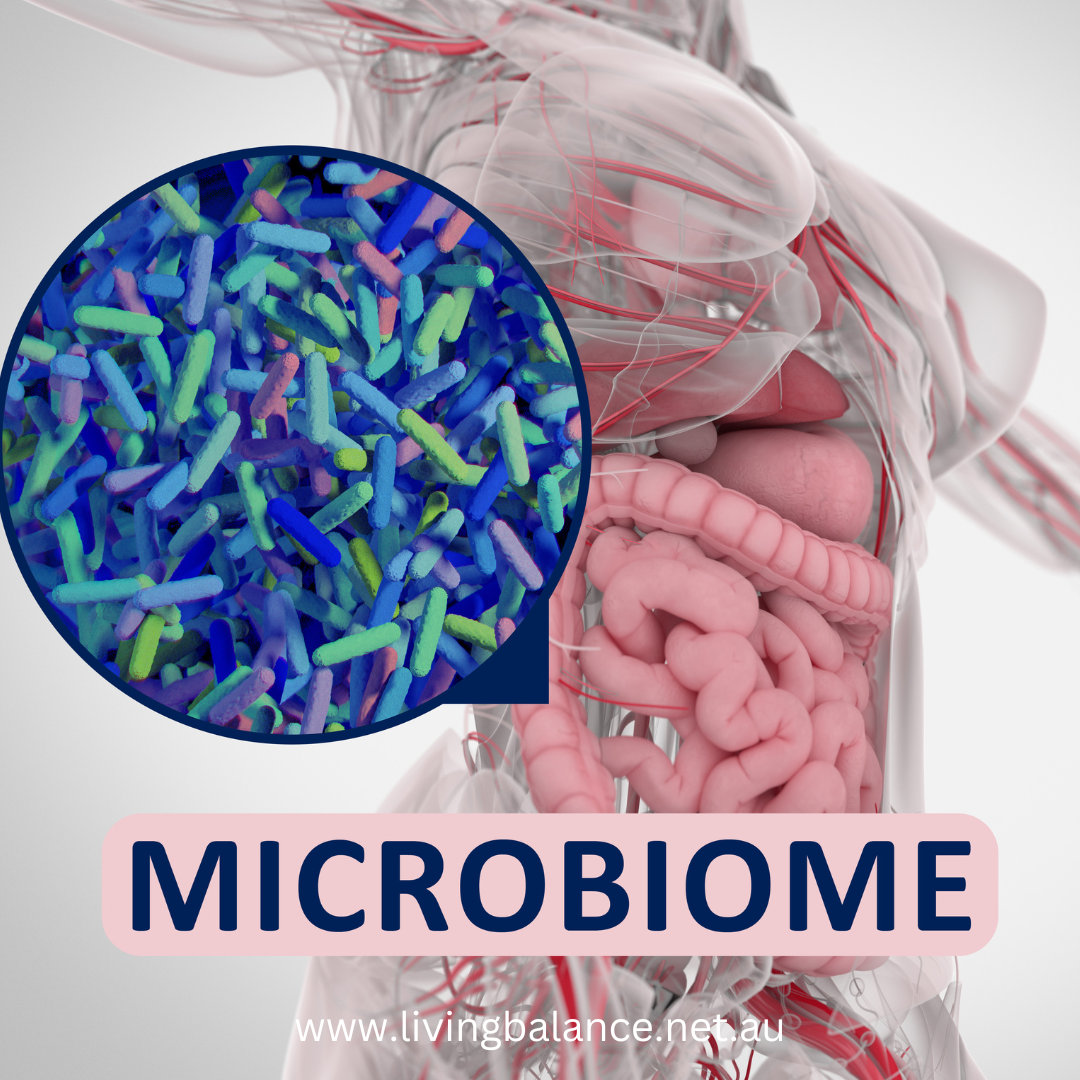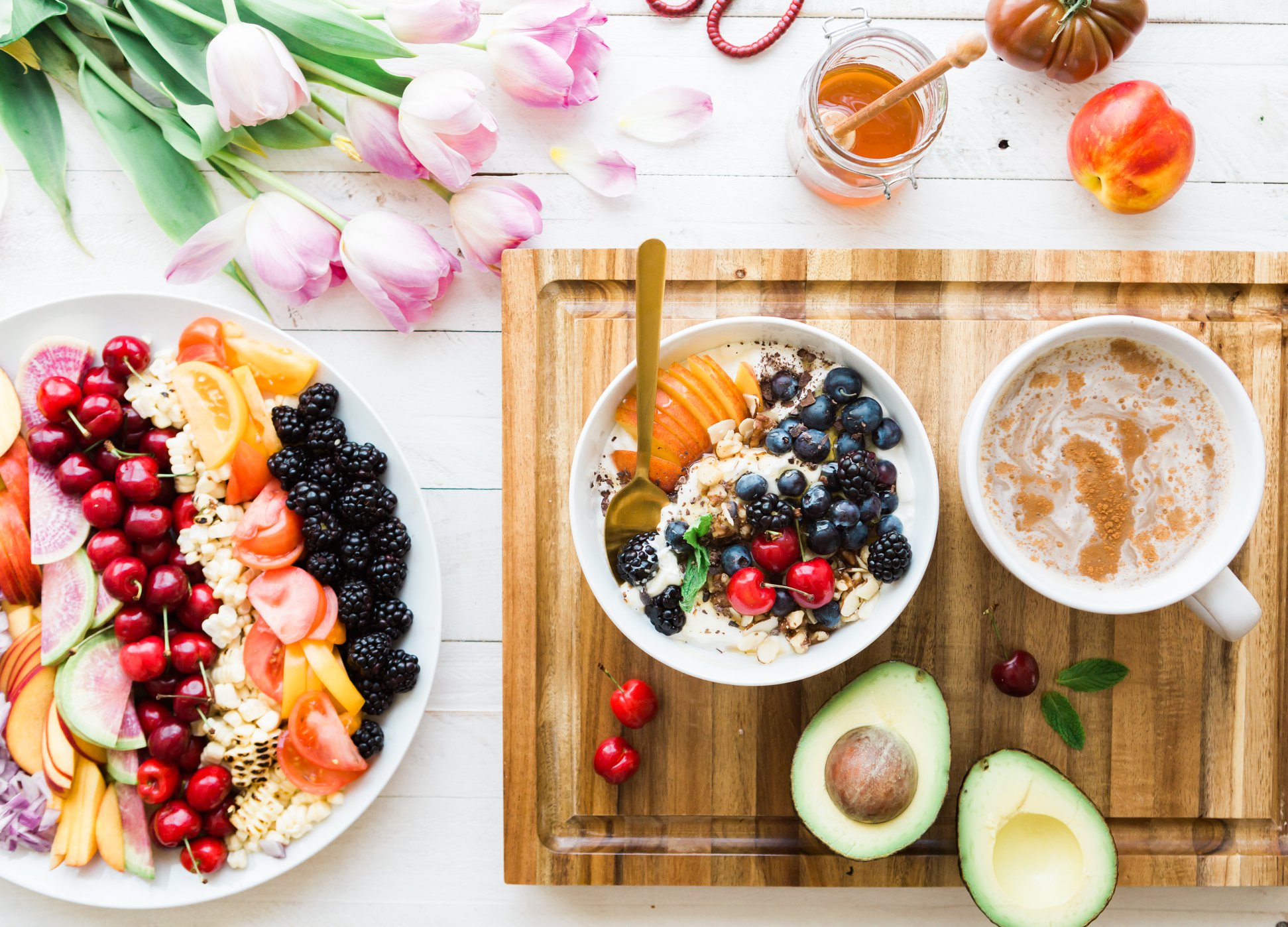
What is GMO? Should I be worried?
The potential long-term health, environmental and sociological impacts of using genetic modification in food production, continues to spark debate.
According to market research organisation Enova Market Insights, the use of non-GMO labelling is growing as interest in natural products increases.
GMOs (genetically modified organisms), are plants or animals created through the gene-splicing techniques of biotechnology, also known as “genetic engineering”. The process takes genes from the DNA of one species and artificially forces them into the genes of an unrelated plant or animal. The foreign genes may come from bacteria, viruses, insects, animals or even humans.
The only genetically-modified food crops currently produced in Australia are canola and cotton and have been created to be insect-resistant and herbicide-tolerant. There is however, a variety of genetically modified foods which can be imported and used as ingredients in packaged foods. It’s estimated that up to 70 percent of processed foods in Australia contain GMOs.
We get most of our GM foods from America. The most common GMO crops in the United States are alfalfa, canola, corn, cotton, papaya, soy, beetroot, zucchini and squash. In addition to being sold as raw ingredients, these GMO crops can end up in food products through derivatives such as ascorbic acid, high-fructose corn syrup, molasses, xanthan gum, yeast products, vegetable protein and monosodium glutamate.
To avoid or cut down on GMOs in your house, here’s what to look out for:
- Canola oil: often described as “vegetable oil”.
- Corn products: glucose, glucose syrup, fructose, maltodextrin and thickener/modified starches (1410, 1412).
- Soy products: soy lecithin (additive/emulsifier 322), soy oil, soy protein, vegetable protein.
- Cottonseed oil: Often labelled as “vegetable oil”, used for deep-frying and popular with takeaway food shops and restaurants.
- Choose GM free products.
- Choose Australian fruit and vegetables and ideally organic.



